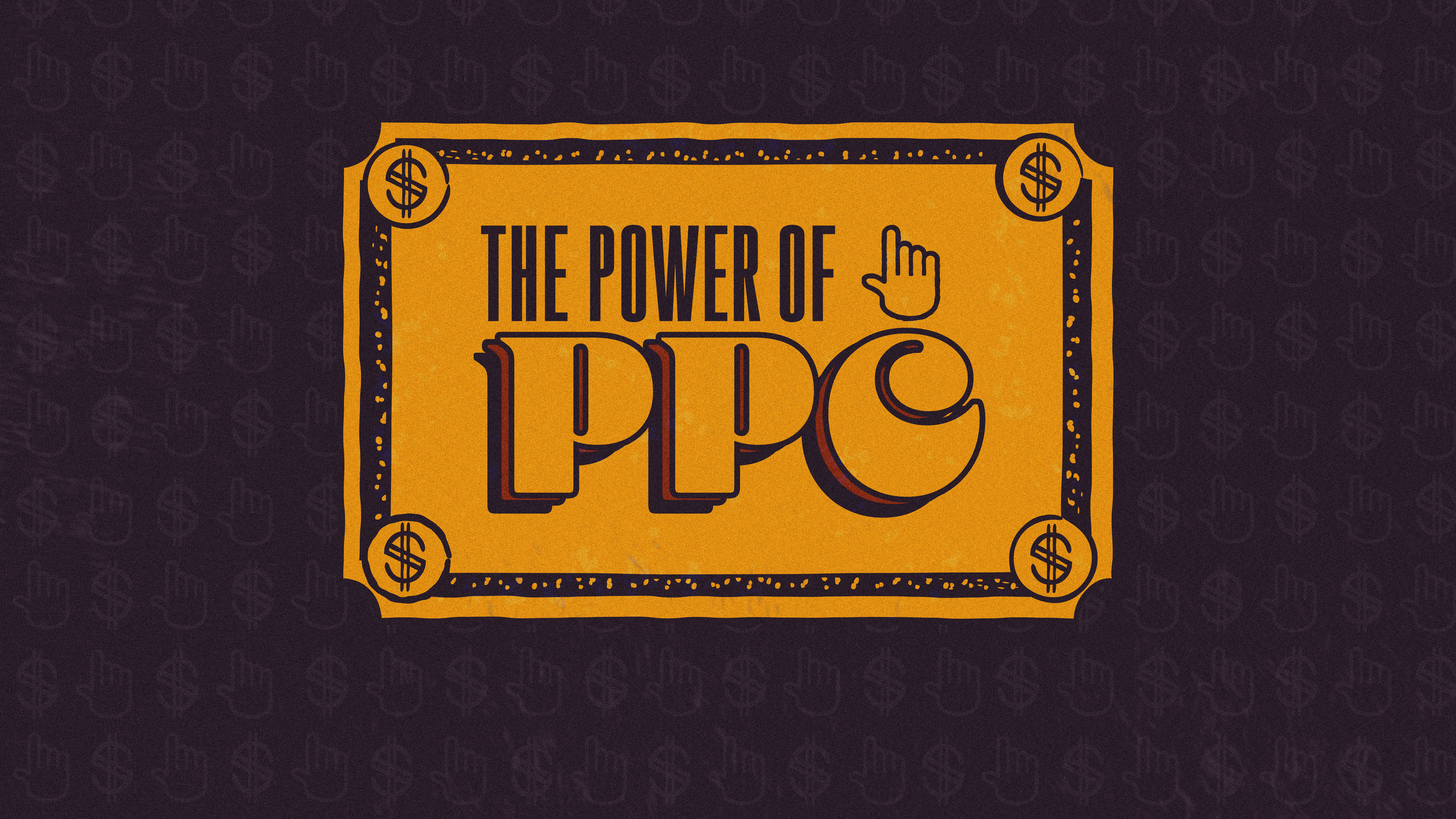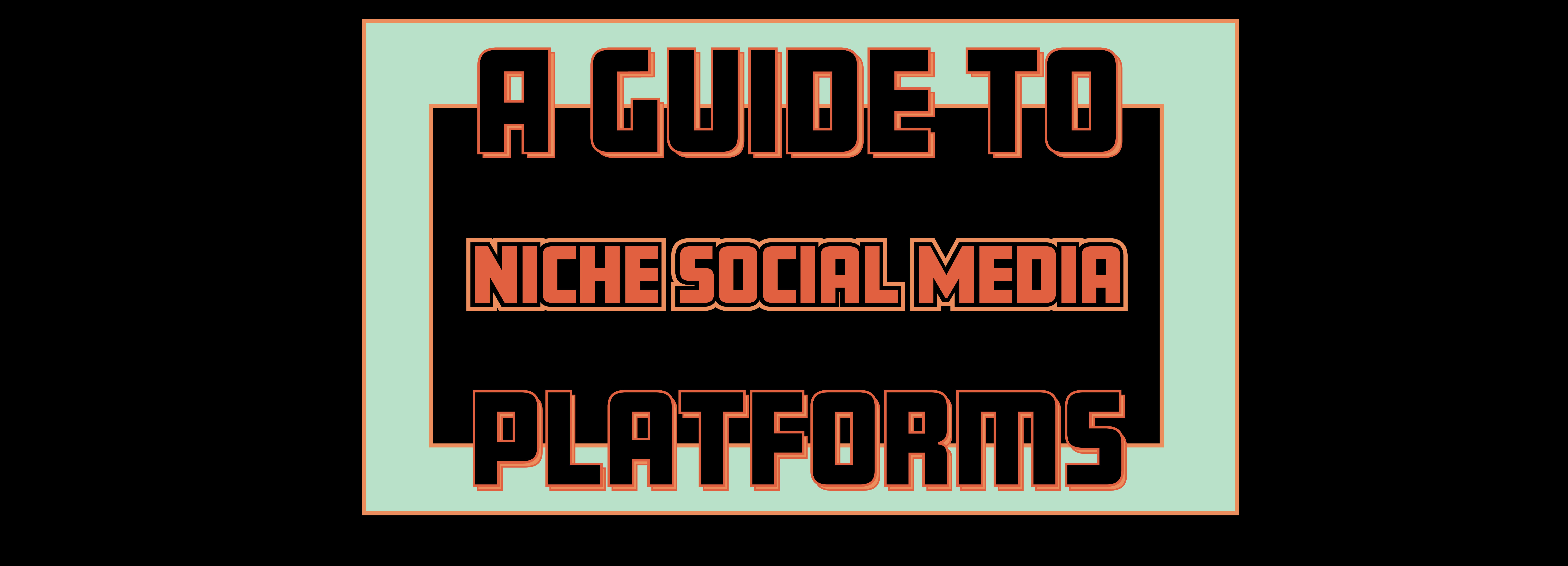// WIDSIX WRITTEN WORD //
The Power of PPC
Pay. Per. Click. It’s exactly what it sounds like: Advertisers only pay when their ad is clicked. You’re literally getting exactly what you pay for. Or I guess… paying for exactly what you get?
Anyway.
Pay-per-click (PPC) marketing avoids the issue of having to pay for ad placement or the number of impressions, despite perhaps the ads not gaining much traction. PPC helps advertisers avoid wasting money on ad placements that aren’t working out.
What exactly is PPC?
Pay-per-click advertising, as we mentioned, is when the advertiser only pays when their ad is clicked on by a visitor to that page. It works by allowing advertisers to bid for ad placement in a search engine’s sponsored links section when users search for specific keywords. For example, if we bid on the keyword “advertising agency,” our ad might show up in that top section of a Google search results page. The advertisements that show are based on 1) a bid, 2) an ads quality score or relevancy score.
The average number of a bid for cost per click will vary based on what keyword you are bidding on. Usually, the more competitive the industry, the higher the prices for keywords.
The numbers don’t lie… PPC works
- From 2018 to 2019, the total number of devices with ad blockers rose from 142 million to over 615 million. If you pay a flat fee for ad placement on a site, there’s no telling how many of those visitors will have an adblocker. But as the prevalence of ad blockers increases, the likelihood of your ad being invisible also increases. And since you’ve paid to simply place your ad whether or not it gets seen, you may not be getting a good return on investment.
- Advertisers see an average of 200% ROI for paid advertising.
- PPC ads can boost brand awareness up to 80%.
- Pay-per-click advertisements bring approximately 50 percent more lead conversions than organic web traffic.
- PPC ads are one of the top three generators of on-page conversions.
- 46 percent of Internet users cannot spot the difference between PPC ads and organic search results and links.
The benefits of PPC
The numbers are cool and all, but here’s how they apply to your business:
1. Your website will see a boost in traffic.
PPC advertising helps get people in the door. And by that, we mean drive more traffic to your website. Appearing on the first page of search engine results dramatically increases your chance of being seen.
2. Your sales will increase.
Modern shoppers like to research products first. Whether it be online or within a brick and mortar store, you can bet your potential customers are on their laptop or mobile device searching away. And of course, those who are already searching for a product are way more likely to purchase than those who are simply being randomly exposed to placed ads. PPC ads that hone in on a targeted audience increase your chances of closing the deal and winning repeat customers.
3. You will gain more control over advertising costs.
The great thing about PPC is that it functions as a pay-as-you-go system. There are no long-term contracts, no set amount that you’re required to pay, and you can run the ads for as long as you want.
4. You pay for clicks ONLY!
Again: PAY. PER. CLICK. That in and of itself makes PPC worth your while.
5. You can analyze ad performance in real-time.
With other methods of advertising, you often don’t get to see the results of your campaign until its completion. So if something isn’t working quite right, you may not know until you’ve funneled a shit ton of time, energy, and headache into a campaign with a sucky ROI. With PPC, you can access real-time data that gives you the flexibility to change up your strategy at any time.
6. PPC even helps boost brand recognition.
Increasing brand visibility is the first and most important step to winning conversions. If they don’t see you, they don’t know about you, so how can you change that? Well, PPC offers you a guaranteed way to show up on your audience’s radar through relevant keywords that you know they will be using to search amongst their interests.
Should you invest in PPC?
Before jumping into PPC, you’ll want to do your due diligence in setting yourself up for success. You can start by:
- Doing plenty of research on what keywords make popular search queries amongst your audience.
- Exploring different channels (search platforms, social media, etc).
- Consult and maybe even work with professionals (if you have the budget) to get you started.
- Test and evaluate ROI by investing in small increments of time and money.





